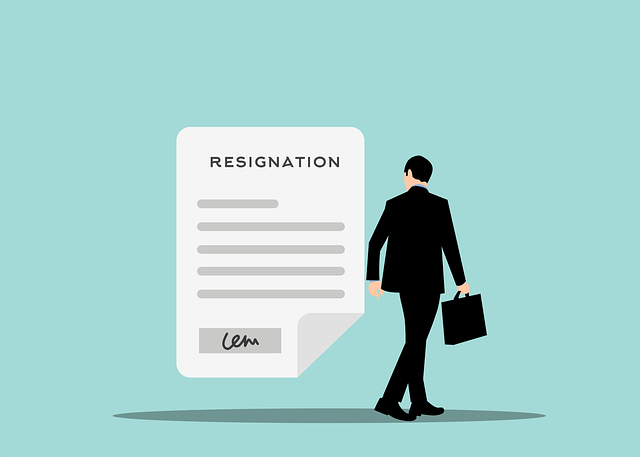3 Questions to Ask Yourself Before You Quit Your Job
Do you ever think about quitting your job?
Have you daydreamed about what it would be like to have a different career?
Do you loathe getting up every morning to go to a place that you can’t wait to leave as soon as you arrive?
If you answered yes to any or all of these questions, here’s a tip: listen to your gut.
Your Gut Is Usually Right: Why Quitting Your Job Isn’t Always a Bad Thing
When thinking about quitting a job, it’s important to keep one thing in mind: all jobs have their downsides. Even someone who “does exactly what they love every day,” experiences at least some elements of their job that they don’t like.
This is normal and natural.
Conversely, it’s not crazy to start thinking about quitting your job if you realize that you truly loathe it.
If this happens to you, there are a few questions you’ll want to ask yourself before you finally pull the plug and quit your job.
What’s my financial situation?
Unfortunately, your finances can quickly devolve into chaos if you don’t have a regular paycheck coming in. Do an assessment of your finances and go over any savings you have. How long would you have after quitting to find a new job? Are there any other changes you could make in your lifestyle that would facilitate an easier career transition?
Why exactly do I dislike my job?
Let’s say you work at a law firm. You love your colleagues, you enjoy having your own office, you like the location of the establishment, which is close to your home, and you don’t mind the hours.
On the other hand, you hate the type of law work you do. Maybe it’s patents or family law. You’re thinking about quitting.
Before making this announcement, consider if there’s anything you can do to improve your circumstances. For example, could you approach your superior and discuss a change of practice area? Is the workload too heavy? Could an assistant help?
Often, it’s not the entire job you want to quit; it’s just a particular aspect that you are unsatisfied with.
Do I have a backup plan?
Lastly, consider what you’re planning to do after you quit. Will you go back to school or find a new career in the same field? Will you start your own business? It’s best to have a plan of action before taking the plunge into unemployment.
“Too late. I already quit. Now what?”
As long as conditions aren’t so bad right now, it’s far easier to take a good look at quitting your job before you pull the plug. That way, from a safe vantage point, you can be in a level-headed place to evaluate your options and make the right decision. If you do decide to quit, you can even begin to make the necessary arrangements and prepare in advance for your resignation and career shift.
On the other hand, conditions aren’t always just so-so. Sometimes, they are awful. Sometimes, you end up quitting in a flurry of anger and resentment — even when you didn’t mean to.
In these cases, you’ve got to act quickly to figure out your next move.
First thing’s first: if you actually said the words “I quit” or “I resign” to your boss or superior, then no, you probably can’t pull a George Costanza and try to simply go back to work the next day like nothing ever happened.
On the contrary, you are likely done at that job, and you’ll need to face the consequences that come with this decision.
But do not despair.
Usually, when we make a rash decision like this, they actually come from a sane place. You were unhappy at your job, and it was causing you pain and anxiety. Now, you’re free. But unless you’re independently wealthy, you will need to work.
Therefore, there are two things you need to do.
First, start being extremely frugal with your money.
Second, set a deadline for yourself, and start looking for a job.
Naturally, you want to find a job that you are qualified for and that matches or exceeds the salary you are used to. But the real goal is to basically find any job that will pay and to find it by your deadline. You will inevitably have financial obligations to fulfill, and it’s important to keep a paycheck coming.
From there — even if the job you find is not ideal — you can begin rebuilding your life again and finding the career path you truly desire.
Keep in mind this may lead you down unexpected journeys. You may end up switching careers entirely or starting over with one of the many promising online masters programs available. Follow where your heart takes you, and most of all, try not to look back into the past.
You are not your job, and your job is not you. If your career is not serving you and making you a better person, it’s completely legitimate to evaluate whether it’s worth continuing.


